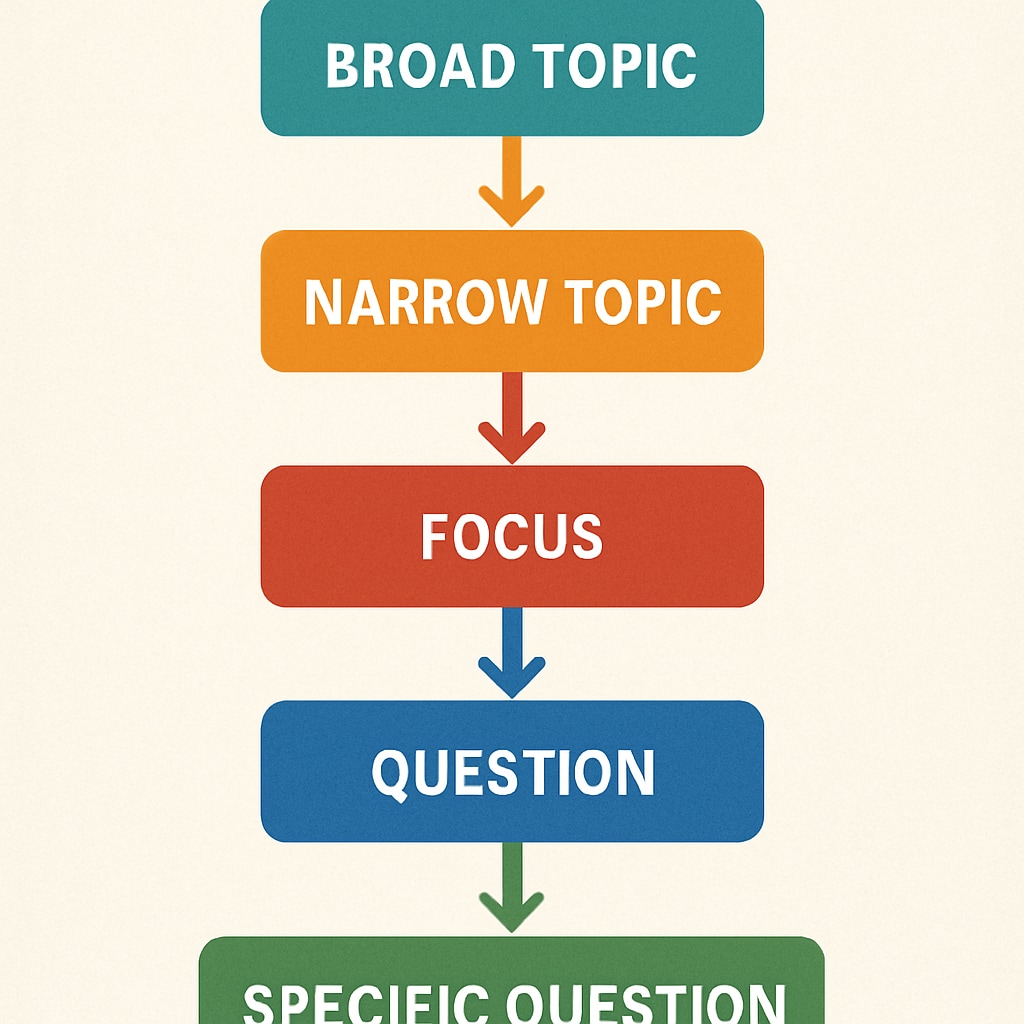Developing effective research questions is fundamental to academic consulting in K12 education. This guide presents structured formulation methods that help educators nurture students’ research skills. According to the Edutopia research framework, well-crafted questions drive meaningful inquiry and critical analysis.
Essential Characteristics of Strong Research Questions
Quality research questions share five key traits in academic settings:
- Clarity: Easily understandable without ambiguity
- Focus: Narrow enough for thorough investigation
- Relevance: Connects to curriculum and student interests
- Researchability: Can be answered through available methods
- Significance: Addresses meaningful knowledge gaps

The Three-Phase Question Development Process
Harvard’s question design principles recommend this progression:
- Exploration: Brainstorm broad topics and curiosities
- Refinement: Narrow focus through preliminary research
- Formulation: Craft the final question with precise wording
For example, a student might begin with “climate change” (phase 1), then focus on “local impacts” (phase 2), before arriving at “How does urban heat island effect influence temperature patterns in our city?” (phase 3).

Practical Implementation Strategies
Teachers can facilitate this process through:
- Question-starter workshops using “How,” “Why,” and “To what extent” prompts
- Peer review sessions for question refinement
- Real-world problem connections to increase engagement
Remember that effective academic inquiry begins with careful formulation. As students master these methods, they develop transferable critical thinking skills applicable across disciplines.


